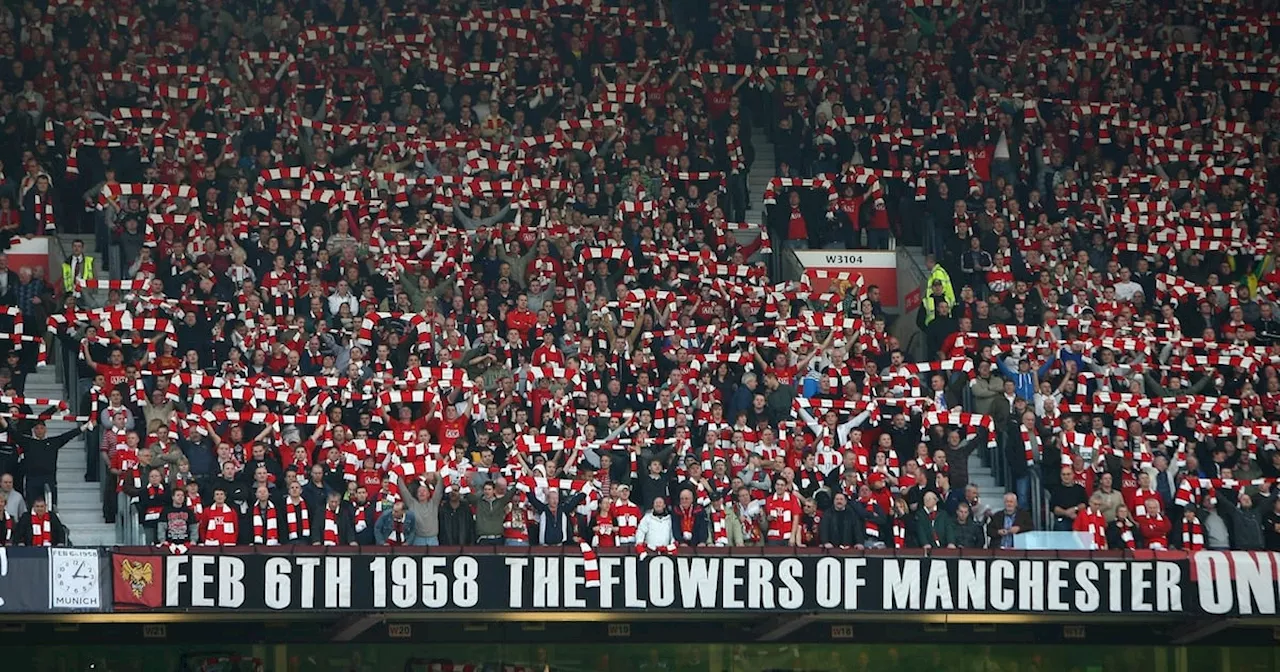In this edited extract from his new book, Irish Times columnist David McWilliams explains that the story of money is the story of humanity itself
In this edited extract from his new book, The Irish Times columnist explains that the story of money is the story of humanity itself
In the 1920s, he had been arrested in Amsterdam for distributing fake English £50 notes. After serving a short sentence he made it back to Berlin, just in time for a bonanza in the forgery business. After the anti-Semitic violence of Kristallnacht in November 1938, as the monstrosity of the Nazi regime became apparent, Jewish people were desperate to flee Germany and paid Salomon for fake passports and exit visas.
Germany’s bouts of hyperinflation in the early 1920s meant that German currency was printed on whatever paper could be sourced. When billions of worthless marks are being printed, who cares about the quality of the paper? But the Bank of England was a different story. Sterling, the global reserve currency for almost a century, wasn’t printed on any old flimsy paper. Earlier forgers suspected it was printed on material made from a type of reed that only grew in the British colony of Malaya.
The realisation of Hitler’s plan to flood Britain with fake notes, forgeries so brilliant that not even the Bank of England could distinguish them from real ones, was mere months away. The concentration-camp forgers printed a total of £134,610,810, which amounted to four out of every 10 pounds then in circulation or about £7 billion in today’s money.
Money defines the relationship between worker and employer, buyer and seller, merchant and producer. But not only that: it also defines the bond between the governed and the governor, the state and the citizen. Money unlocks pleasure, puts a price on desire, art and creativity. It motivates us to strive, achieve, invent and take risks.
Unlike other technologies, money is ephemeral. It resides in our heads, representing value, but it is intrinsically valueless. For money to work, a leap of mental abstraction is required. Counterintuitively, money is valuable not when it is scarce but when it is abundant. In this sense, money resembles another wondrous human technology: language. Both money and language are crowd phenomena. Like language, the more people who use money, the more valuable it becomes.
Malaysia Latest News, Malaysia Headlines
Similar News:You can also read news stories similar to this one that we have collected from other news sources.
 David McWilliams: Why can’t Ireland provide first-world transport infrastructure for a first-rate workforce?The Italians have proved to be the most efficient and cost-effective builders on infrastructure in Europe. Why do we lag so far behind?
David McWilliams: Why can’t Ireland provide first-world transport infrastructure for a first-rate workforce?The Italians have proved to be the most efficient and cost-effective builders on infrastructure in Europe. Why do we lag so far behind?
Read more »
 David McWilliams: Decaying Dublin city centre could already be caught in an urban doom loopOur capital is no exception to the rule that cities are fragile ecosystems that can go into decline rapidly
David McWilliams: Decaying Dublin city centre could already be caught in an urban doom loopOur capital is no exception to the rule that cities are fragile ecosystems that can go into decline rapidly
Read more »
 David McWilliams: We can’t live in a digital age without data centres. Ireland needs more of themWe need to find a win-win solution based on engineering which is far more ingenious than a simple black and white, yes or no to data centres
David McWilliams: We can’t live in a digital age without data centres. Ireland needs more of themWe need to find a win-win solution based on engineering which is far more ingenious than a simple black and white, yes or no to data centres
Read more »
 David McWilliams: Ireland’s culture of objecting to housing developments comes at a high cost to young peoplePost-election, the new government must sweep away any impediments constraining development. Land must be made available to build on, and builders must be encouraged to build
David McWilliams: Ireland’s culture of objecting to housing developments comes at a high cost to young peoplePost-election, the new government must sweep away any impediments constraining development. Land must be made available to build on, and builders must be encouraged to build
Read more »
 Helen Flanagan sobs and breaks silence on David Haye - 'I was in love with him'On the hunt for love on Celebs Go Dating, Helen Flanagan candidly opened up about her bond with David Haye
Helen Flanagan sobs and breaks silence on David Haye - 'I was in love with him'On the hunt for love on Celebs Go Dating, Helen Flanagan candidly opened up about her bond with David Haye
Read more »
 Munichs by David Peace: This towering requiem about the Manchester United aircraft disaster is a masterpieceFor all its fidelity to events and people, the novel reads like something dreamed
Munichs by David Peace: This towering requiem about the Manchester United aircraft disaster is a masterpieceFor all its fidelity to events and people, the novel reads like something dreamed
Read more »
